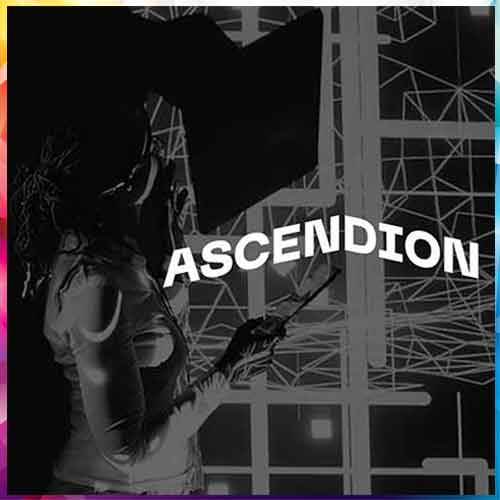
Google Chrome will now check for typos in URLs and suggest websites based on the corrections. This, Google says, will improve accessibility for “people with dyslexia, language learners, and anyone who makes typos by making it easier to get to previously visited websites despite spelling errors.” The update will come to desktop first followed by mobile in the “coming months.”
As part of its other initiatives, Google is also upgrading Live Caption with a feature that transcribes what someone is saying in real-time. It will allow users to type responses during calls and have the response read aloud to the other caller. The feature is coming to the latest Pixels first followed by older models, and then some other Android phones like Samsung.
Besides, Google is bringing an update to Google Maps that makes its wheelchair icon available to everyone so that you can know if the place you’re visiting is wheelchair or stroller friendly. Additionally, users will be able to find more information like wheelchair-accessible seating, parking or restrooms in the “About” tab.
Lastly, Google’s Lookout app, which uses AI to help the blind and those with low vision, can now process and generate image descriptions even if they don’t have alt text or captions. People can then use their voice or type to ask questions about what’s in the image. Google says that the feature is powered by Deepmind. The feature will be rolled out following a period of closed beta testing.
See What’s Next in Tech With the Fast Forward Newsletter
Tweets From @varindiamag
Nothing to see here - yet
When they Tweet, their Tweets will show up here.




























